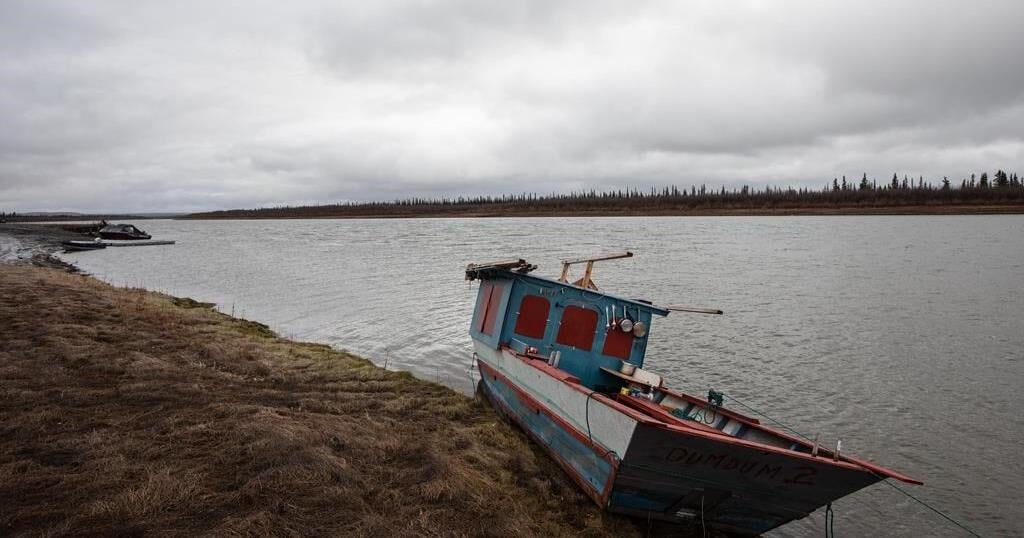Approximately 30.5 per cent of Canadian households are financially resilient enough to withstand a sudden financial setback, according to a 2021 report from Statistics Canada. Being financially resilient is far different from being financially independent, though.
Today, I’ll explain what it means to be truly financially independent and share a handful of helpful tips on how to potentially achieve this.
WHAT DOES IT MEAN TO BE FINANCIALLY INDEPENDENT?
Financial freedom can mean different things to different people. When most people think of the term financial independence, they visualize a life of financial freedom without having to worry about how they’re going to pay their bills. This is a relatively true statement, but the true definition provides a bit more clarity.
Financial independence is when an individual has accumulated enough wealth or has a passive income stream capable of covering all of their living expenses for the rest of their natural life without needing a paycheque or salary.
Essentially, it is the same as having the ability to retire without having to work again.
A privileged few are born into financial independence thanks to automatic income streams, investments, and assets allocated to them through inheritance. However, most financially independent Canadians can only succeed through hard work, planning, and consistent action.
TIPS TO ACHIEVE FINANCIAL INDEPENDENCE
Wouldn’t it be nice to never have to work again?
While this may sound like a dream to many, it is entirely possible. To achieve it, you’ll need to:
- Make smart financial choices
- Have clear goals
- Create a roadmap to success
1. Increase your savings rate
Your savings rate is the percentage of your total after-tax income that you save. Do an audit of your current spending and see the areas where you might be splurging too much money on. Focus on the big three expenses of shelter, transportation, and food to see if there is one major area you can cut back on. By saving more money, you’ll be increasing your savings rate.
2. Start investing early
Investing your money is one of the most common ways to achieve financial independence. You likely won’t get rich overnight by investing, and all investments do incur a risk on your part. Some popular investments for Canadians include exchange-traded funds (ETFs), stocks, mutual funds, and real estate. The earlier you start, the better, due to the magic of compounding returns.
There are many ways to start, depending on how much involvement you want to have. You can start by using a robo-advisor or consulting with a financial advisor if you have less knowledge or want to spend less time investing. Another option is you can learn how to invest on your own and purchase investments from a discount brokerage.
3. Maximize your tax-advantaged accounts
Canada’s tax-free savings account (TFSA) program is an incredible resource that allows Canadians to save money in a tax-free account. TFSA accounts are best used as investment accounts, and none of the earnings within the account are taxable, providing that your total savings are within the contribution limit of your account.
Also, maximize the value of popular tax-advantaged accounts available to Canadians, such as the registered retirement savings plan (RRSP) and the registered education savings plan (RESP).
4. Increase your income
Rather than saving money, look at ways to increase how much you can earn. Find different ways to increase your income, such as:
- Dividend income from investments such as ETFs or stocks
- Freelancing services on the side
- Rental income from residential properties
- Starting a business
- Negotiating higher salaries at your current position
- Finding higher-paying companies to work for
5. Live below your means
If you spend all the money you make, it will be difficult to achieve financial independence. Living below your means can be one way to spend less. For example, if you get a promotion at work and your salary increases, try to keep your spending at the same level instead of immediately increasing your living costs. The value of delayed gratification will mean reaching your financial independence goals earlier.
6. Find a like-minded partner or spouse
While it is not entirely necessary, having a partner with the same financial independence goals as you can go a long way in achieving your goals quickly. You can essentially double your salary and halve your costs if you find the right partner who is willing to work with you toward your financial independence.
HOW LONG DOES IT TAKE TO ACHIEVE TRUE FINANCIAL INDEPENDENCE?
Achieving financial independence usually doesn’t happen overnight. Unless you win the lottery or inherit a fortune, you’re likely going to have to work for it. The amount of time it takes depends on where you’re starting from, what your personal goals are, and how much you’re willing to invest.
There are some extreme examples of people achieving financial independence in their 20s and 30s. However, it will be a struggle for most Canadians to do this, and most will still retire and achieve financial independence in their 50s and 60s.
With rising inflation and the costs of housing, gasoline, and food going way up, early financial independence will be even harder to achieve in the future. But with hard work and careful planning, anything is possible.
Christopher Liew is a CFA Charterholder and former financial advisor. He writes personal finance tips for thousands of daily Canadian readers on his Wealth Awesome website.
Source link
Related























